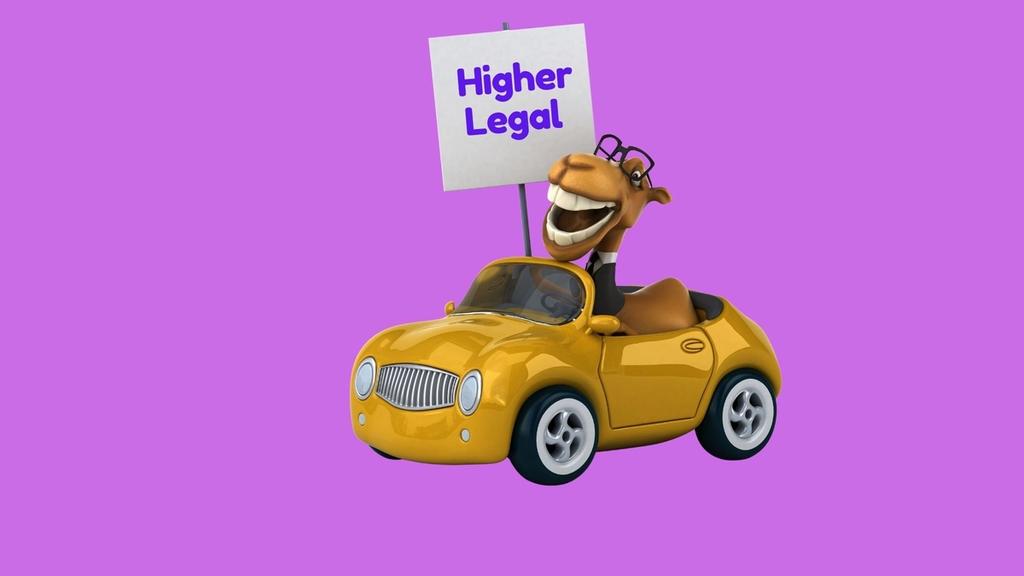
Top 10 Things You Must Do After a Car Accident in California
 By Daniel Amos
By Daniel Amos If you’ve been seriously injured in a car accident, you are going to be making an insurance claim, and maybe even filing a personal injury lawsuit against whoever caused the accident, so it’s really important to take the right actions and to do it right from the start.
In this article, I’m going to give you my top 10 actions you have to take after you are in a car accident in California. I have developed these tips over many years of working as a personal injury lawyer and fighting in court for thousands of injured people all across California.
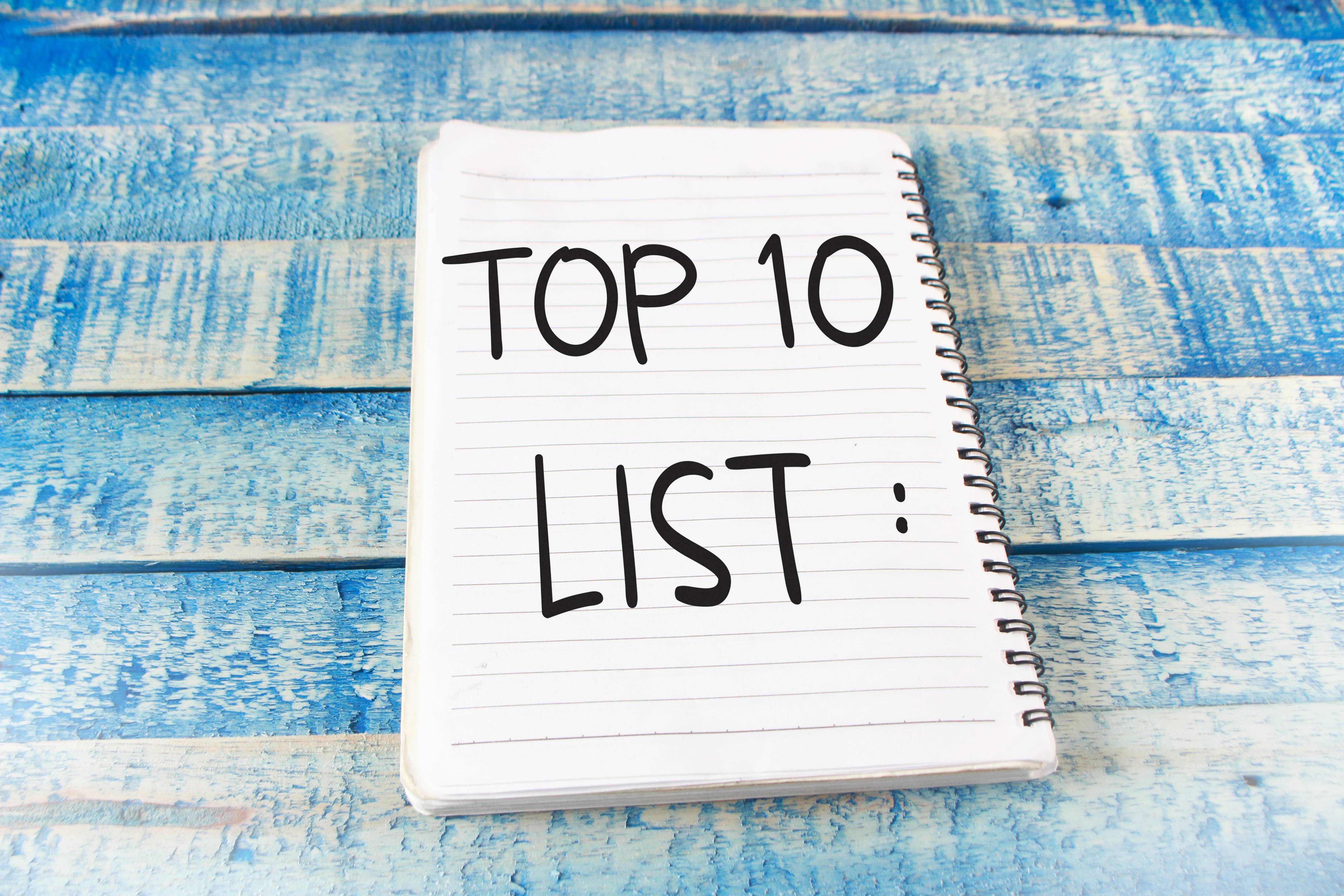
I’ve broken these 10 tips down into the three different places where you need to do them. The tips are divided up into what you should do:
1. At the scene of the accident,
2. At the hospital or doctors office, and
3. When you get home.
PART 1: WHAT TO DO AT THE SCENE OF THE ACCIDENT
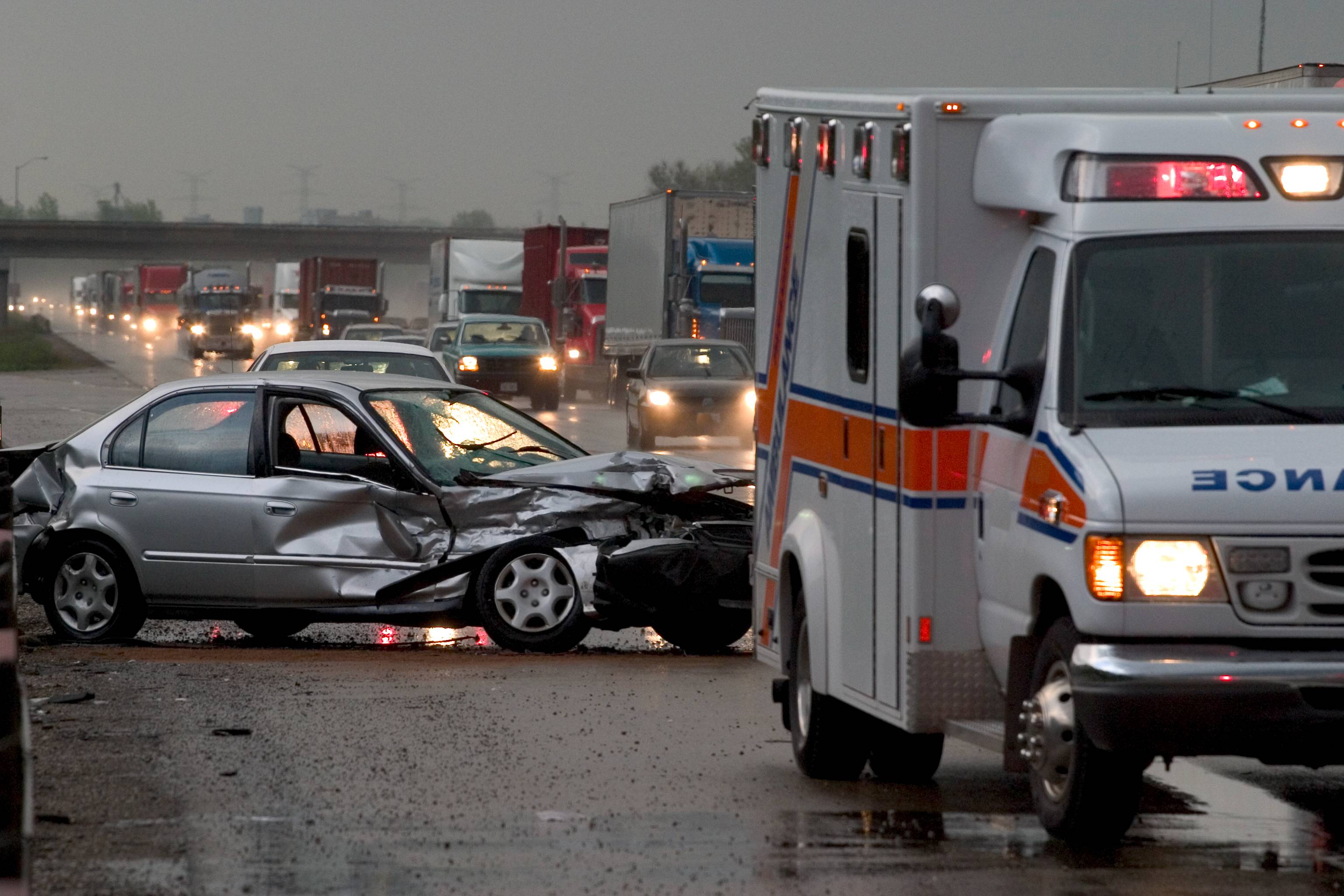
TIP # 1: Take a lot of photos
Take a lot of photos because you will need them in your personal injury case. Take photos of everything! Most people have a camera in their phone, so take out your phone and take photos. If you don’t have a phone, ask someone at the scene to take your photos and text them to you. You need photos. They are some of the best evidence in your case and the accident scene won’t be there very long because the cars will get moved or towed away and the locations of where everyone was will all disappear. So take photos!

Here are some suggestions on what to photograph. Make sure you get photos that are both close-ups and that are taken from farther away:
Photograph the driver's license, insurance card, and vehicle registration of anyone involved in the accident. It’s too hard to write all that information down, so just take a photo of them.
Photograph the license plates of all vehicles in the accident, and any vehicles that stop to assist because they may be witnesses that you need to locate later. It’s hard to find witnesses and bystanders after an accident, but you can locate them if you have their license plate.
Photograph all of the damage to your car. Take close-ups of small things like dents and paint transfers, and take photos further away that show the entire side (both sides) and the front and the back. Take photos of all the sides, even if they were not damaged. Walk around the entire car and take photographs.
Photograph all other cars involved in the accident in this same way, getting photos of both the damage to those cars and their locations. Take some close-ups and some from across the street to get the full picture.
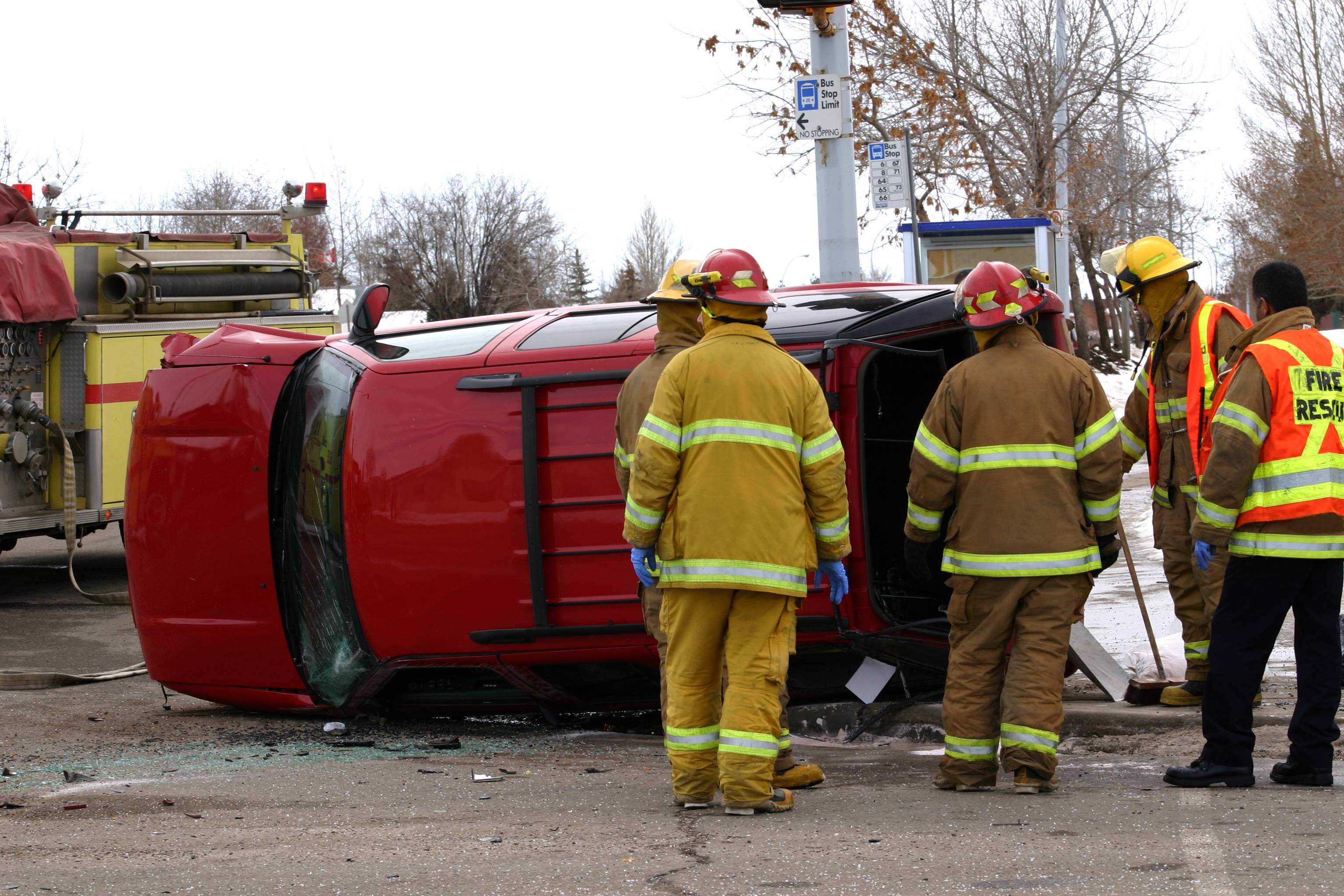
Photograph the location of your car, including where it is located at the point of rest, as well as anywhere it might be moved by a tow truck. Take some close-up photos and some photos from across the street to get the full picture of the car location. The point of rest (where your car stopped after the accident) is often important to determine how and why an accident happened, so be sure to get photos from all angles so the location can be established later on.
Photograph the street if there are any skid marks, or if there is any debris in the street such as broken car parts, broken glass, branches, etc. Photograph the curbs if there are any tire marks or scrapes on them. Photograph any buildings, poles, or other objects that have any paint transfers on them because one of the cars struck them.
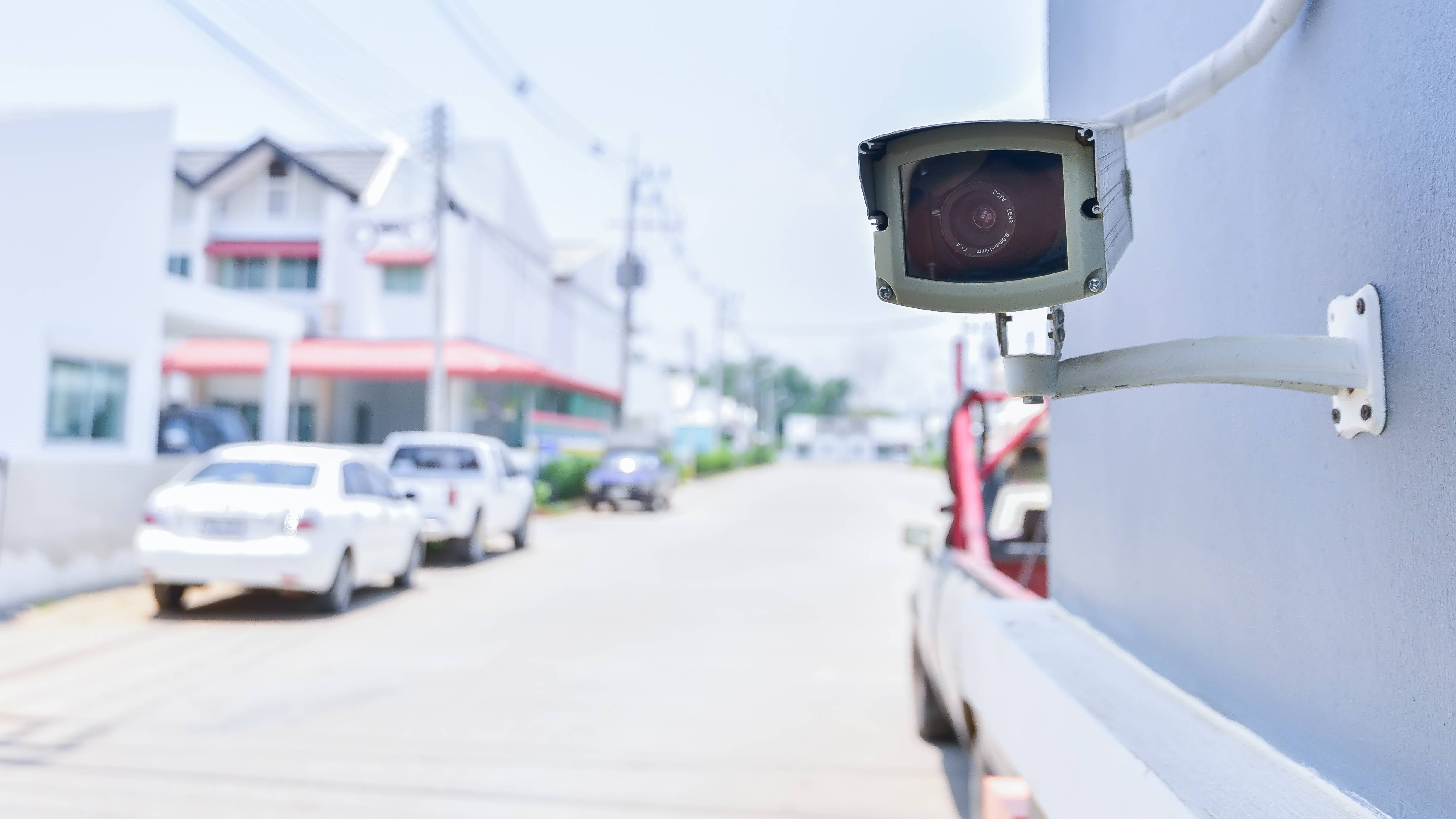
Photograph any stores or buildings or and other surroundings where the accident happened to get an idea of the area including where people and cars were located. For example, I have had cases where a supposed “witness” was asked where he was when he supposedly saw the accident, and it turned out the point of impact was not visible from the store window he supposedly was looking out from. By taking photos of the surrounding buildings you may also later see on the photos if there are any video cameras on any stores, apartment buildings, or poles in the area that may have recorded the accident.
Photograph the street signals, stop signs, speed limit signs, parking signs, speed bumps, and any other traffic signs or stripes on the street, both where the accident happened and further up and down the block in both directions. I can’t tell you how many cases I have handled where the defendant testified they were traveling within the speed limit, but then was able to contradict them with a photograph of a School Zone sign which established they were actually driving too fast. Don’t get fooled. Get the photos.
NOTE: If you are severely injured you may not be able to get all of this done, but someone at the scene might do it for you, or a friend or family member who you call might be able to do this for you. I want you to have this information because you might also be that friend or family member who gets called by your loved one and you’ll need to know what to do.
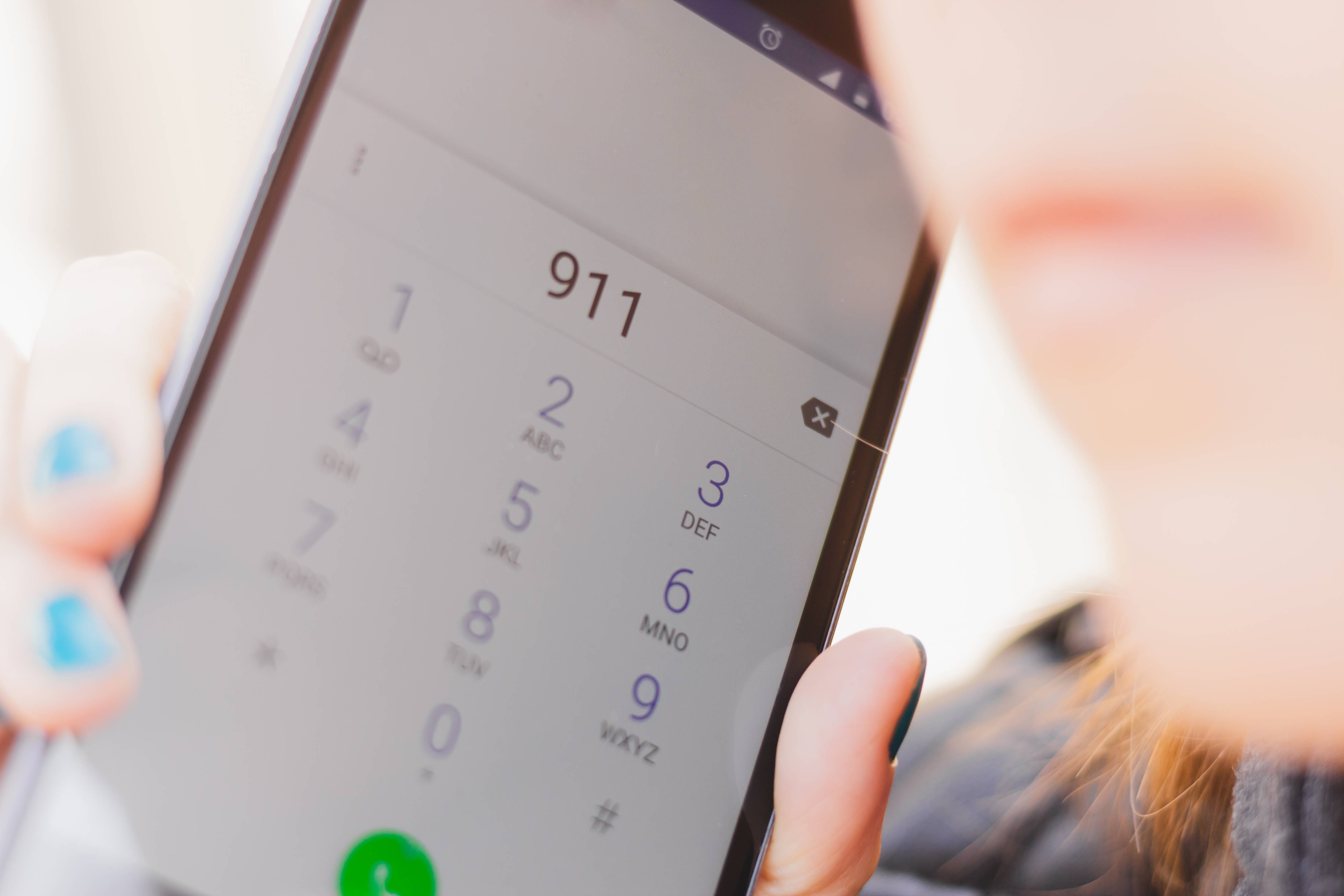
TIP # 2: Call the police
While you have your phone in your hand taking photos, also use it to make any important calls.
Call the police, but don’t expect them to come. They probably won’t, unless someone is killed or someone is drunk. But there are other good reasons to call the police. One good reason to call the police is to show you are trying to document what happened, and even if they don’t show up, the fact that you called them documents the importance of the incident. At some point, you are going to make a claim with the insurance company of the person who caused the accident, and the insurance company (or their lawyer) is going to ask you if you called the police, not because they care, but because it’s their way to argue the accident was no big deal because you didn’t even bother to call the police. And if you call the police and they don’t show up, you can still file a police report after the fact in many jurisdictions. Take a look at this resource: Self-Reporting LAPD File a Report Online The point is to document what happened.
Call a family member or friend. Another way to document what happened in the accident is to call a trustworthy friend or family member. If you are in a car accident you’re probably going to be upset and you probably won’t remember everything that you see or hear. So call a trusted friend or family member and ask them to come to the scene. And even if they can’t get there, call them anyway and tell them what happened and how you feel because they will be able to take notes and can remind you later on what you saw and what you said and what others said. They might make a great witness for you. Be sure the person you call is someone you trust, and be careful what you say to them. For example, don’t call your mom if she’s someone who you know will be really worried, because even if you are badly hurt in the accident you might make statements to her like, “I’m ok mom, I’m really ok, I’m not really hurt”, and those kinds of statements will come back and haunt you!
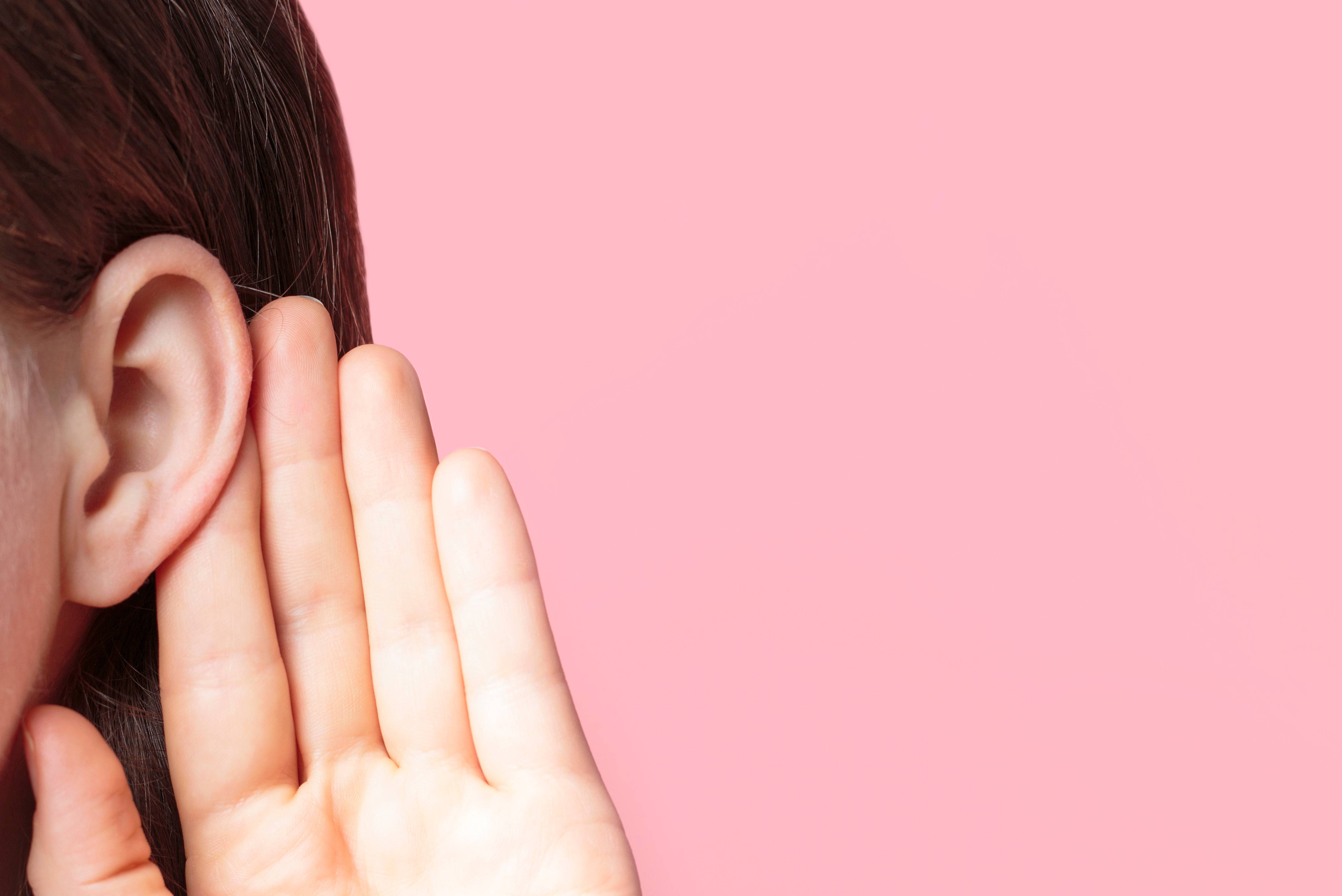
TIP # 3: Listen more - Talk Less!
Some people are natural talkers and might have a problem with this tip, but it’s important for you to listen while you’re at the scene. The last thing you want to do is say something that you’ll regret later on, something that will hurt your case. So don’t say anything unnecessary, just keep your eyes and ears open and listen to what everyone else is saying.
Of course, it’s always proper to ask someone how they are doing, like “I hope you are doing alright”, because it’s compassionate and the right thing to do, but don’t say something like, “I’m so sorry about blah, blah, blah,..”. It’s better to just listen and let others do the talking, so listen for statements that the people in the accident make, or the bystanders make, like the witness who says, “I can’t believe he was going so fast, ...” These kinds of statements might turn out to be your best evidence in the case.
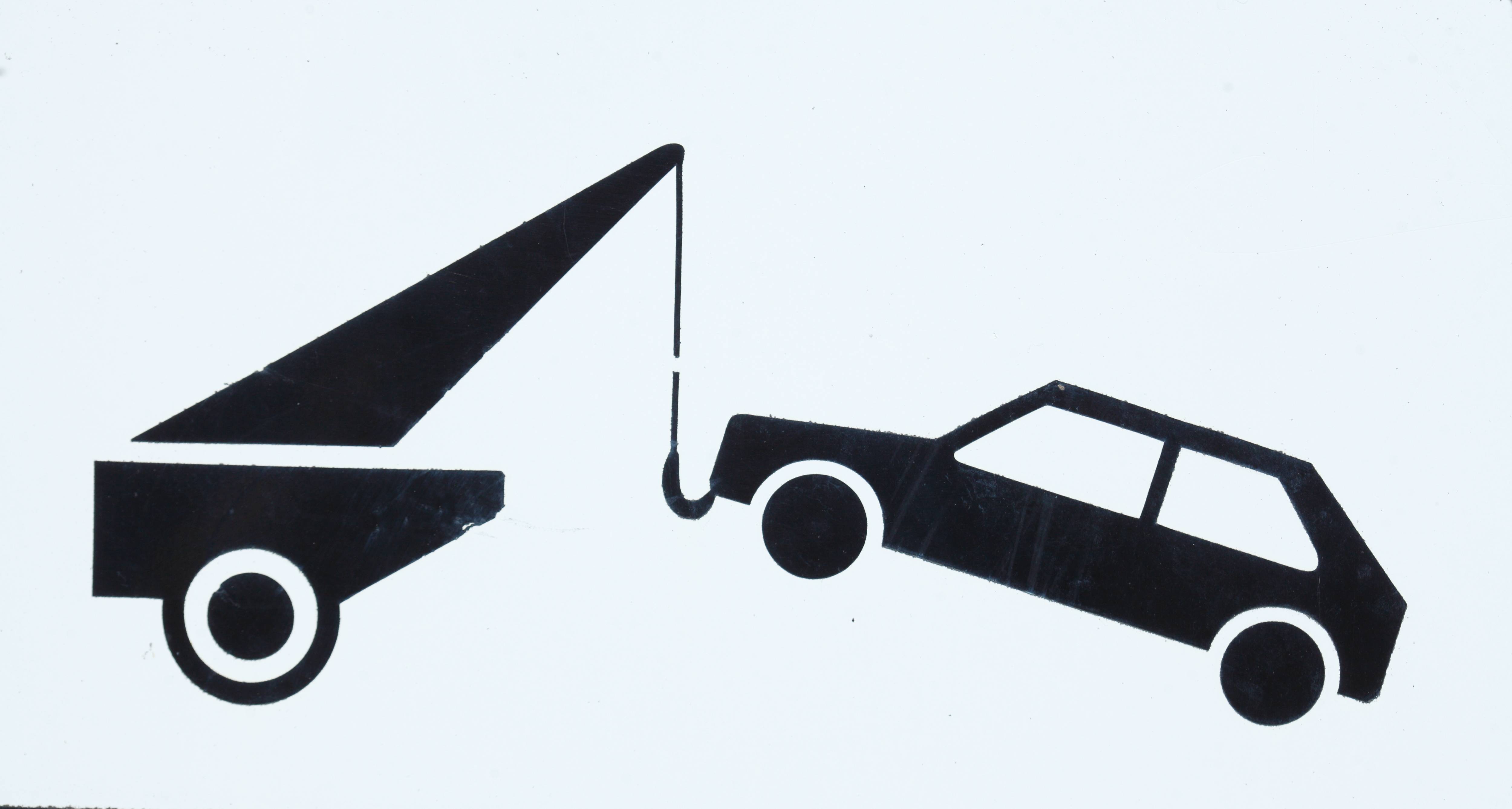
EXTRA WARNING: Be careful speaking with tow truck drivers who might come to the scene! They may become witnesses in the case, so be careful. Also, don’t take their advice on “the great lawyer” they want you to call! That lawyer is probably horrible and the tow truck driver is probably getting a kickback from the lawyer to send you to their office. That’s a really bad way to find a personal injury lawyer and a lot of tow truck drivers are really good salesmen for bad lawyers!
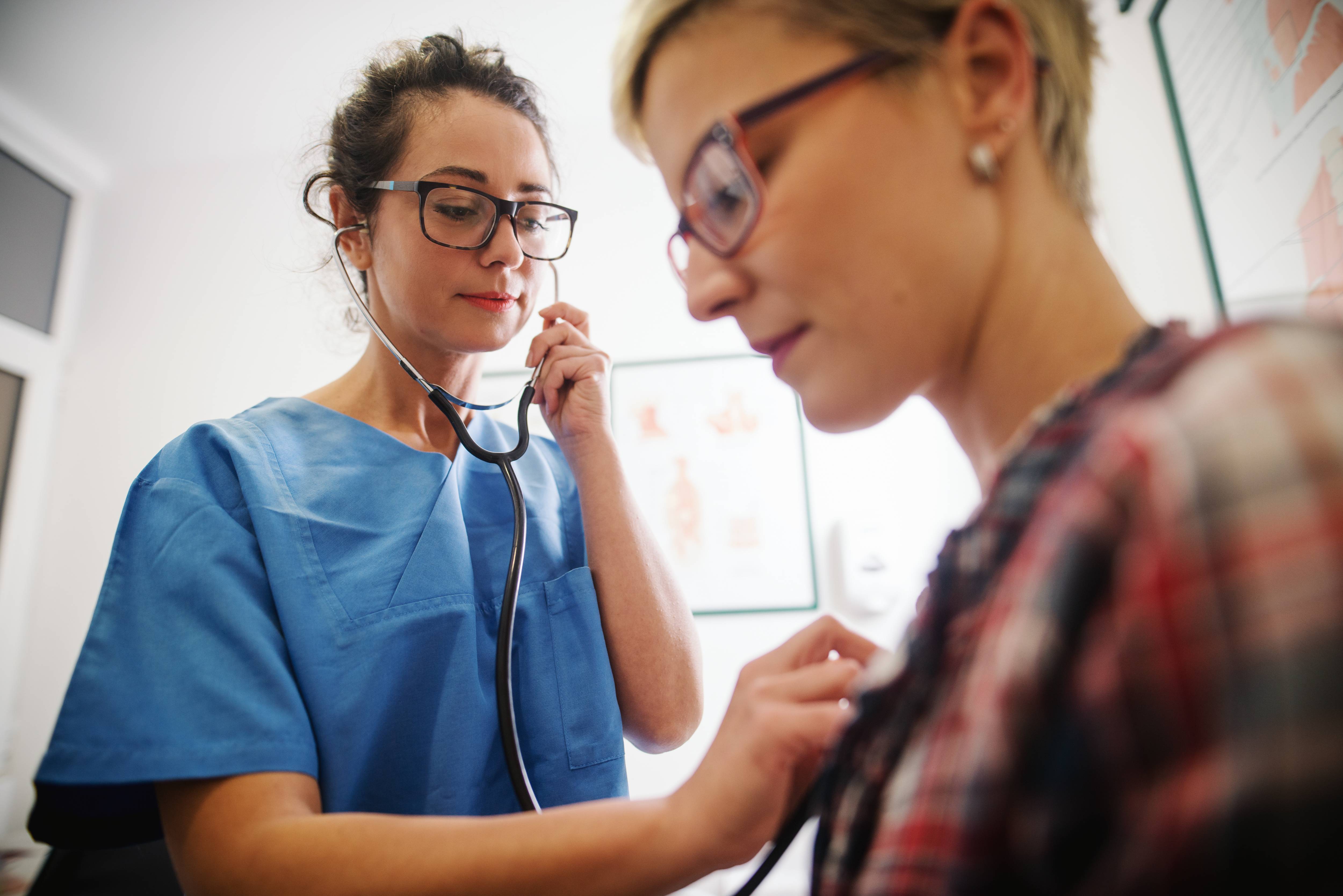
TIP # 4: Get medical care ASAP
Just like it’s important to document what happened in the accident, it’s important to document your injuries and what happened to you.
Seek medical care on the day of the accident! That might mean calling an ambulance, or driving to the ER, or going to an Urgent Care, or going to your doctor’s office. The main thing is to get checked out on the day of the accident.
This is important for several reasons. One reason is that the police are probably not going to show up at the accident scene so you won’t have their report to document the injuries in the accident. If you go to a medical provider and tell them what happened, some information about the accident will be documented in your medical records, as well as all of the information about the injuries that you suffered.
Another reason it is so important to see a medical provider on the day of the accident (or as soon as possible) is because insurance companies look at this as one of the most important factors on whether you have a legitimate claim. So don’t be a hero! In all my years as a personal injury lawyer, I can’t tell you how many people I have spoken with who waited weeks or even months before going to see a medical provider because “they aren’t a complainer” or “they didn’t think their injury would be such a big deal” or “it was just too inconvenient” or some other bad excuse, and as a result, the insurance company took the position that their accident was not a big deal and they denied the claim. Don’t let that happen to you!
PART 2: WHAT TO DO AT THE HOSPITAL OR DOCTORS OFFICE

TIP # 5: Be careful what you say to your medical providers
The medical records in your case are very important pieces of evidence, especially the first records that are made, like an ambulance record, or ER record, or the first medical person you see. These records will be highly scrutinized by the insurance company and its lawyers. While your medical provider won’t fully document the details of your accident, they often make comments about the accident so you need to be careful what you say to them. It is important to be careful what you say to all of your medical providers, including the doctors, nurses, technicians, insurance clerks, etc.
Many medical providers have a bias about accidents and people who are in accidents. Some doctors and other medical providers think that accidents are no big deal, or that people exaggerate or complain too much about accidents, or they may feel the opposite way. You don’t know how they feel or what bias they might have, so you need to be cautious about what you say to them about your accident because they will make statements in your medical records that could help or hurt your case.
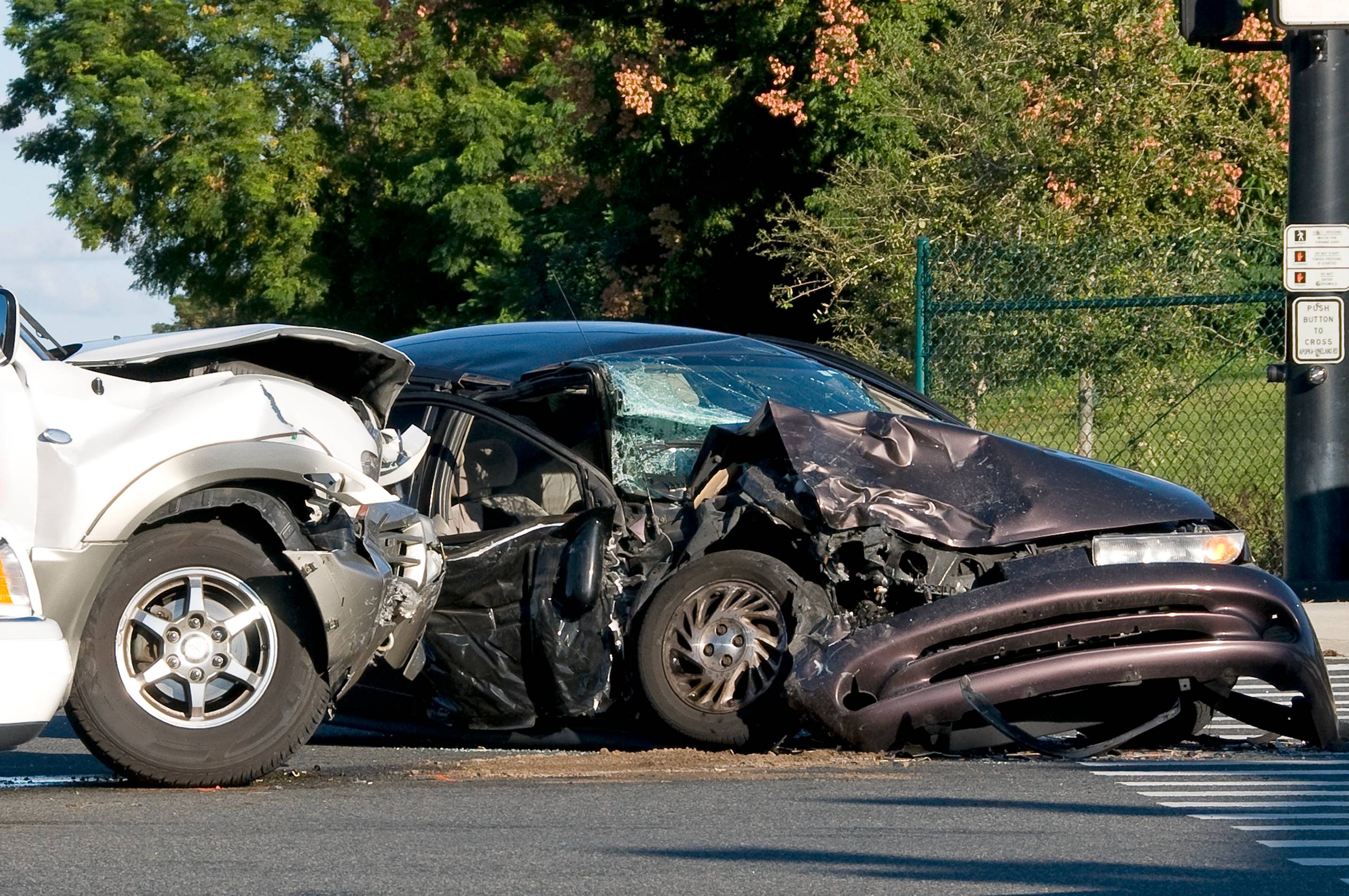
I have seen plenty of medical records where the medical provider made a comment like “pt in minor MVA” (“patient in a minor motor vehicle accident”) when in fact the police report, the photos of the damaged cars, and the body shop estimate all indicated that the patient had been involved in a major collision. The problem is the medical providers never see any of these photos or reports!
Your medical providers obviously weren’t at your accident and they don’t see the photos and reports, and the only thing they know about the accident is what you tell them. So be careful what you tell them because comments they make in your medical records can hurt your case. This is true about the first medical reports made after the accident and all of the medical records thereafter until your case is finished. In all my years as a personal injury lawyer I have seen too many medical records from the ER which indicate the patient was in a significant accident, but then the records two weeks later from the physical therapist state the accident was no big deal, which creates a horrible mess for your case. So be very careful what you say. They are writing it down!
PART 3: WHAT TO DO AT HOME
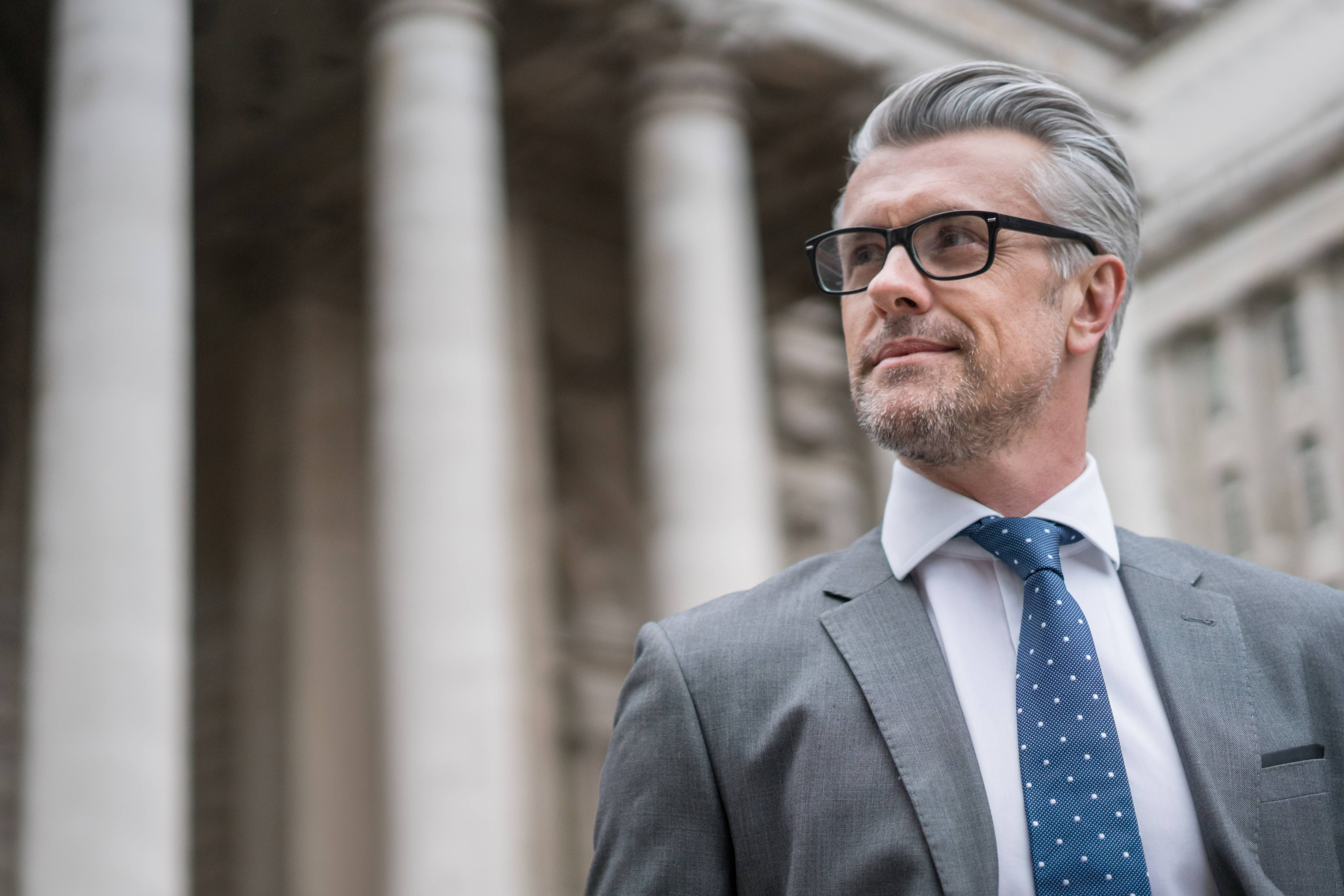
TIP # 6: Find a qualified California personal injury lawyer
After you have done what you need to do at the accident scene, and taken care of business at the doctor’s office, the last step is what you need to do at home.
The first step is finding a qualified personal injury lawyer. That means a personal injury lawyer who is right for your specific case. In other words, you must choose wisely. Just because your uncle used a certain personal injury lawyer and had a good result doest mean that’s the right personal injury lawyer for your case! And just because you know a personal injury lawyer who has a big office in a fancy part of town doesn’t mean that’s the right personal injury lawyer for your case!
My recommendation is that you contact a certified Lawyer Referral Service (LRS) to find a personal injury lawyer who specializes in the type of case you have. My recommendation is that you contact a certified lawyer referral service like Higher Legal.

TIP # 7: Keep your communications confidential
One big benefit of a certified lawyer referral service is that your conversations and communications with their lawyer or staff at the California State Bar Certified Lawyer Referral Service (LRS) are privileged and confidential.
For example, if your California State Bar Certified Lawyer Referral Service (LRS) asks you to record a statement explaining the accident and the injuries you suffered, that recording will be protected and will remain confidential, and will not have to be given to the insurance company or lawyers for the other driver. In order to preserve the confidentiality of your communications, they have to be made with your lawyer or with a Certified Lawyer Referral Service like Higher Legal (LRS#130).
The American Bar Association first outlined this lawyer referral service privilege stating: "This bill would provide that a person who consults a lawyer referral service . . . for the purpose of retaining a lawyer or securing legal advice has a privilege to refuse to disclose, and to prevent another from disclosing, a confidential communication between the client and the lawyer referral service if the privilege is claimed by a specified person or entity." Your privacy is imperative and it’s important for you to protect your communications.
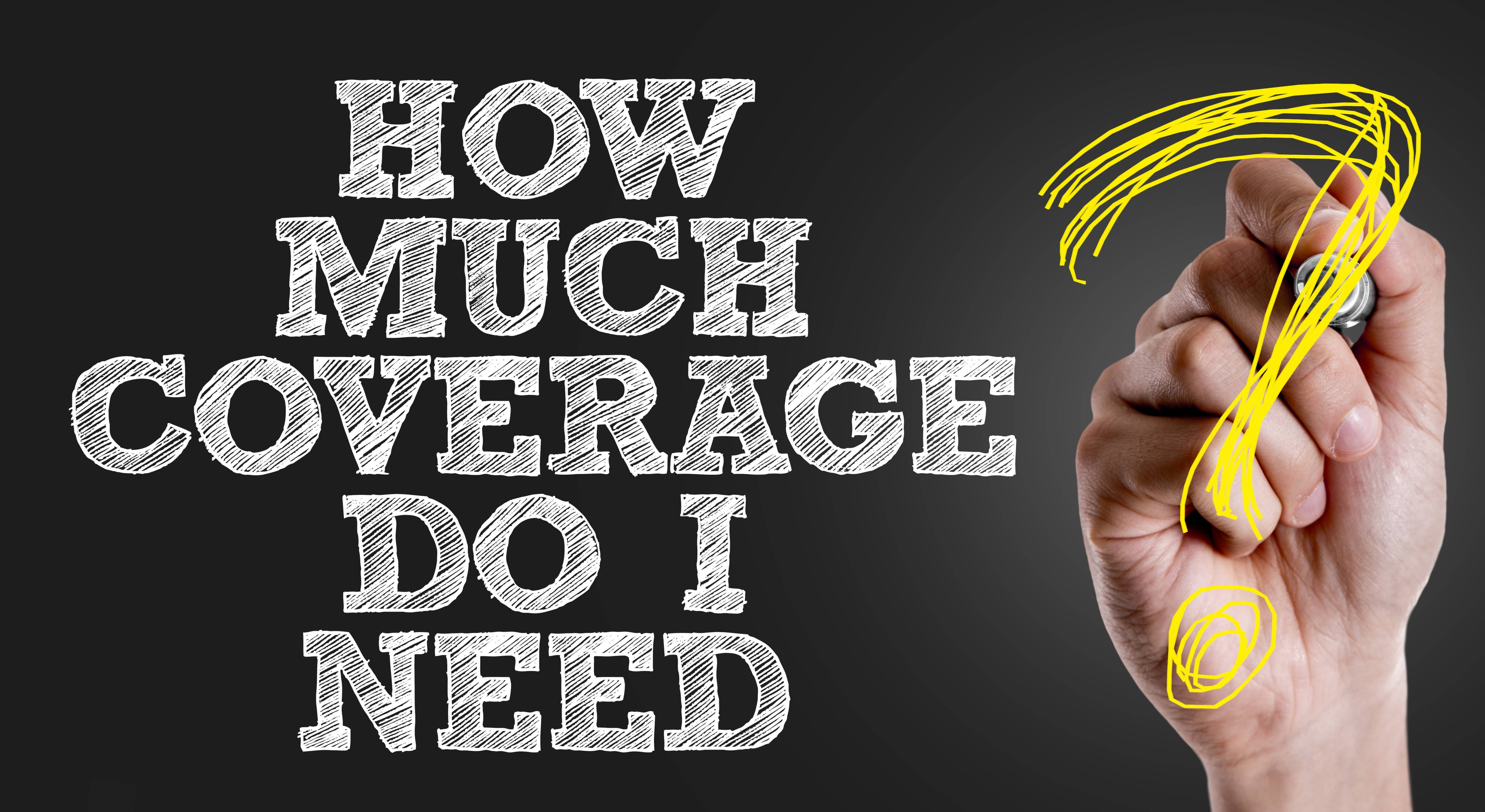
TIP # 8: Contact your insurance company
The last thing on my list of things to do is to contact your insurance company. The reason you should contact your insurance company is to find out what insurance coverages you have that apply to the accident and how much insurance you have.
You need to know what your insurance policy provides you, such as liability insurance, property damage insurance, car rental insurance, medical payments insurance, comprehensive insurance, collision insurance, and uninsured/underinsured insurance (UM/UIM).
Ask your insurance company to tell you what coverage you have, how much you have, and ask them to send you a copy of both your declarations page and the actual insurance policy.
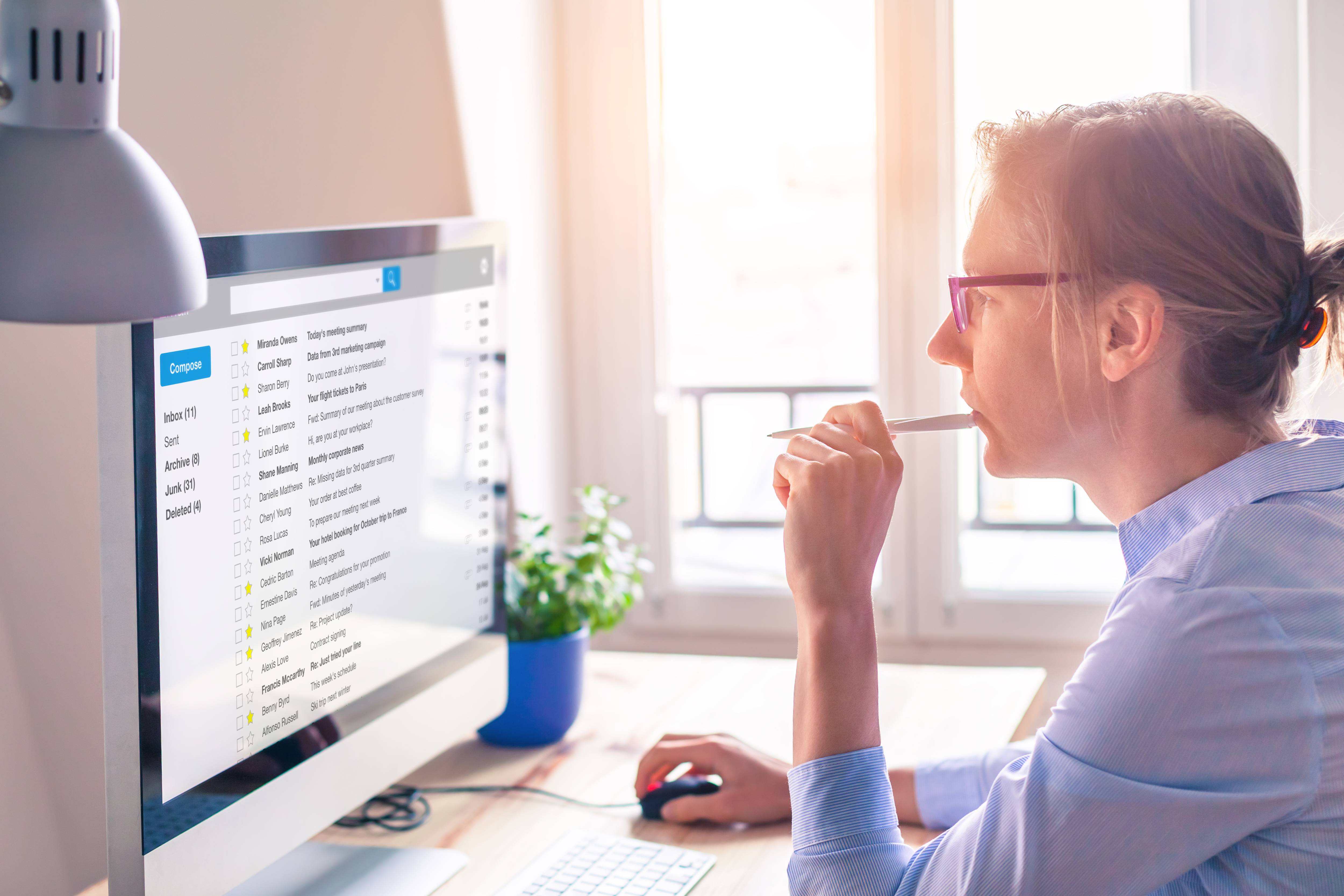
Extra Tip: Try to do all of your communication with your insurance company (or anyone else involved with the accident) by using email, not by phone or text. It makes a much better record of what was said, who said it, and when it was said because you have everything documented in the emails. Insurance companies don’t like to communicate with you by email for that very reason. So if you speak to your insurance company by phone to report your accident, ask them to have the adjuster assigned to your case email you (not call you) and tell them you will email the adjuster back.

TIP # 9: Don't contact any other insurance company
My recommendation is that you contact your own insurance company and that you DO NOT contact any other insurance company. If some other insurance company contacts you, tell them you have a lawyer, or you are looking for a lawyer, and under no circumstances should you give the other insurance company a recorded statement.
You have no obligation to speak with the other insurance company. They will harass you, or threaten you, or maybe even sweet talk you into giving them a recorded statement. They will tell you things like, “your case will never get resolved if you don’t give us a statement” or “we’re going to close your file if you don’t give us a statement” or some other crazy story like that, but it’s all fake! You are not required to give them a recorded statement and if you do (without a lawyer representing you) you will be at a great disadvantage and will probably hurt your case.
In my many years as a personal injury lawyer, I have had thousands of insurance adjusters insist they had to have a recorded statement from my client. Sometimes I would say to them, “I’ll give you the recorded statement of my client if you let me record the statement of your client”, to which they would become infuriated and tell me I had no right to take the recorded statement of their client! Funny how it’s never a two-way street with the insurance companies!

TIP # 10: Document everything
It’s really important to remember that just because you hire a lawyer doesn’t mean your job is done. Your lawyer can only help you if you help provide the information needed to win your case.
This may be my final tip, but it’s also one of the most important tips. It is imperative that you keep track of the items that are needed for your lawyer to win your case. This includes notes about your medical treatment and bills, keeping a journal about how the accident has impacted your life, a description of how you feel day to day, what activities you can’t do, activities you’ve missed, and any work you have missed. If you don’t keep track of these important matters, your personal injury lawyer won’t be able to advocate on your behalf.
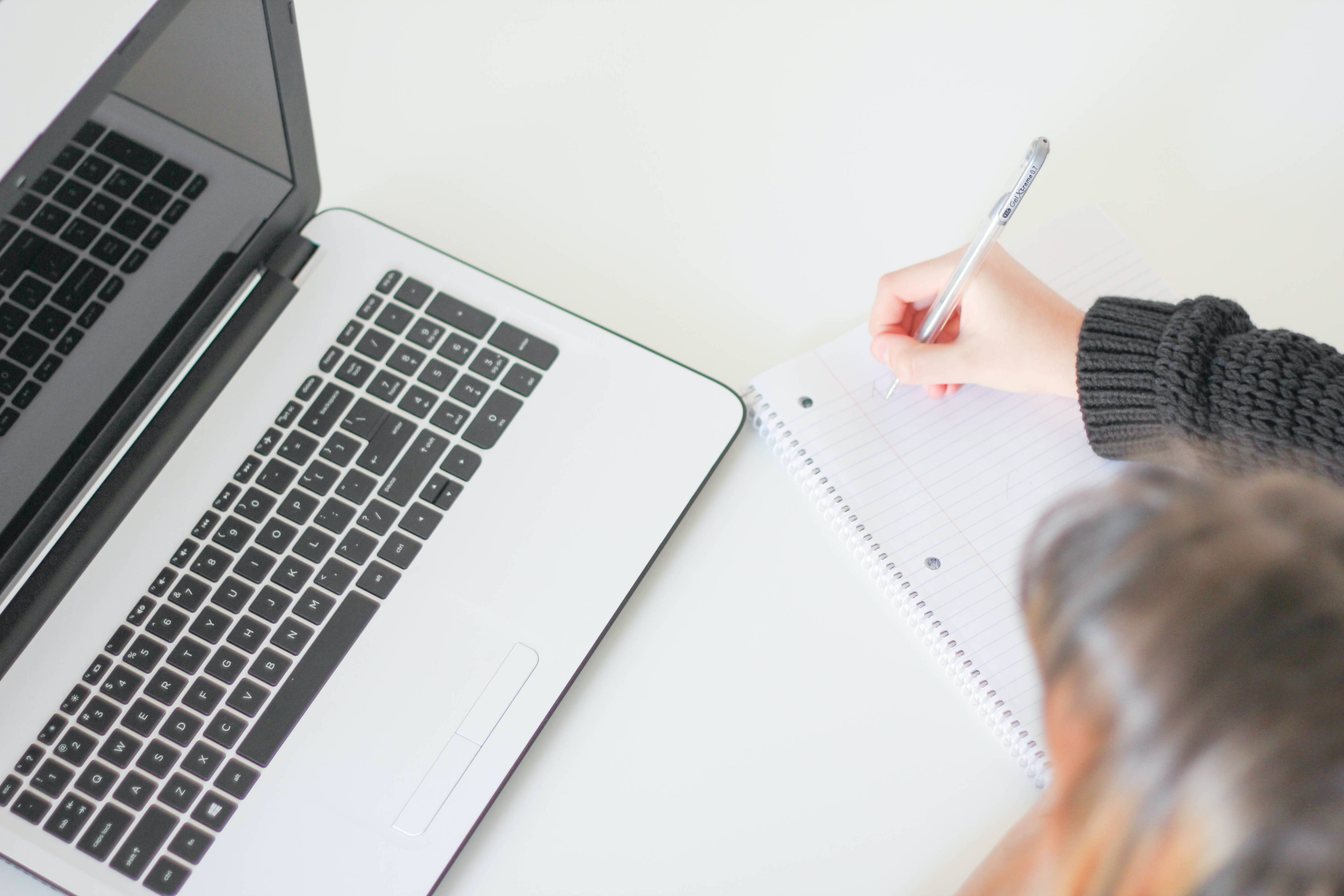
I recommend you write everything down on your computer, not in a handwritten notepad.
I recommend that you start writing your journal at the specific request of a lawyer or a certified lawyer referral service like Higher Legal in order to keep its contents privileged and confidential.
START WRITING ON DAY ONE!
Since I started working as a California personal injury lawyer in 1985, I have always recommended that my clients keep a chronological list in their case, beginning on day one. For more details, strategies, and tips on how to do this, take a look at this blog article I wrote on the subject: Personal Injury Medical Bills and Liens for Total Beginners
Your lawyer will need all of this information so he/she can order copies of all of your records and bills. If you don’t give this information to your personal injury lawyer the bills and records won’t be obtained and you may wind up paying the bills yourself.
I hope this article has provided you with some helpful information that will help you or a family member in the unfortunate event you are in a car accident in California. If you have any questions, please always feel free to reach out to me at Higher Legal: Tell Me About Your Case
If you need a referral to a great personal injury lawyer, send me a message through the Higher Legal website contact and I will get right back to you. Higher Legal has been helping people find the best personal injury lawyers since 2009.
The best and the fastest way to reach me and to get a response is through a message on the Higher Legal website.
If you found this information useful I hope you will 'LIKE' this post, share it with your family and friends, and 'SUBSCRIBE' to both my Higher Legal blog and YouTube channel. Your support helps grow our community and allows us to help others like you who are looking for reliable legal information.
Thanks for reading!